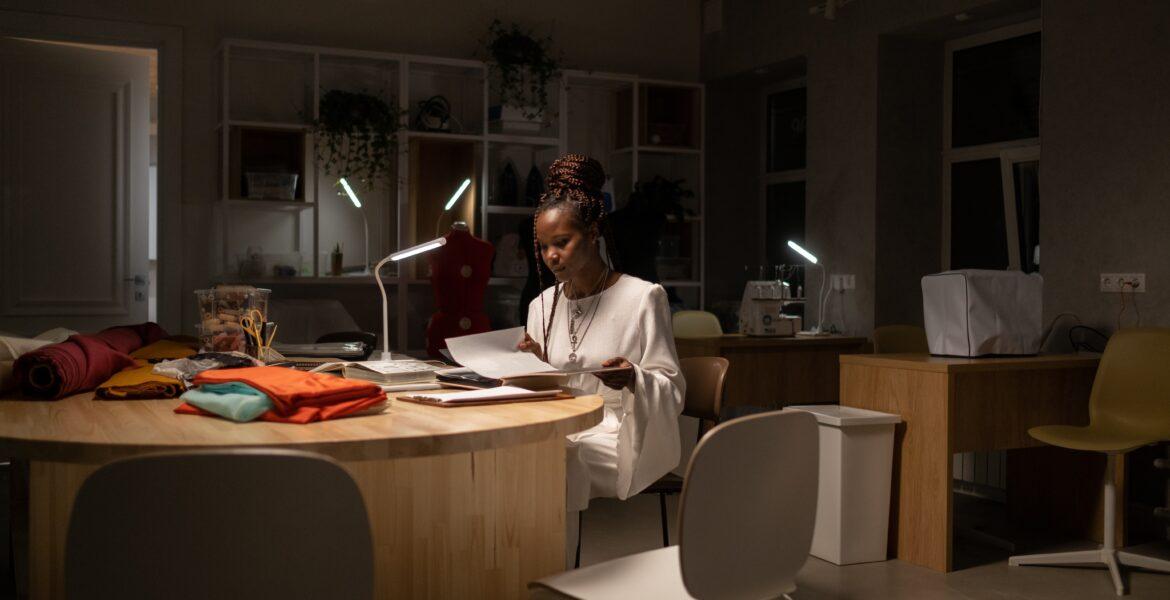Africa-Press – Botswana. The Office of the President, in conjunction with UNICEF Botswana through Generation Unlimited had engaged Genetics Analytics to undertake a Landscape Analysis and Development of a Portfolio of Opportunities for Young People in Botswana.
Genesis Analysis recently presented the initial results of a study that demonstrated that the youth ecosystem in Botswana is complex, fragmented and has a numerous stakeholders with overlapping mandates.
The Office of the President, in conjunction with UNICEF Botswana through Generation Unlimited had engaged Genetics Analytics to undertake a Landscape Analysis and Development of a Portfolio of Opportunities for Young People in Botswana.
“This duplication of effort dilutes the efficiency of the overall ecosystem and the potential impact of programmes,” said Mishkah Jakoet of Genesis Analytics when he presented the report in Gaborone last week.
“Whilst the Botswana Government is responsible for the coordination of programmes and policies, the GenU Partnership in Botswana can strengthen coordination in the ecosystem by supporting and facilitating government’s convening role and help to shape the definition of strategic priorities for youth.”
Generation Unlimited (GenU) is a global multi-sector partnership that helps young people between the ages of 10 and 24 years become productive and engaged members of society. The development of the Landscape Analysis was informed by a set of strategic priority or thematic areas, including connectivity, entrepreneurship, skills for employment and social impact.
“A significant issue across thematic areas is the lack of funding, which if improved, has the potential to improve youth outcomes,” Jakoet said. “Whilst private sources of funding are available for schooling, entrepreneurship start-up capital, and job creation, funding remains the main barrier to scaling successful interventions and effectively implementing all planned interventions.
“There is a critical gap for a lead ecosystem-wide actor that will guide advocacy and resource mobilisation efforts in the country. The GenU partnership should consider assuming this role and partnering with the private sector, international development partners, and the relevant government ministries to reduce the funding gaps across strategic priority areas. Innovative financing mechanisms, such as social impact bonds, should be considered to encourage the private sector to engage in these areas.”
According to the report, there are approximately 700 000 Batswana youth, representing 28.8% of the total population. According to Botswana’s definition of youth – a young person aged between 15 and 35 years of age, 34.6% of Botswana’s total population are youth, with the female youth population being slightly higher (51.6%) than the male youth population.
The majority of young people in Botswana (71.1%) reside in urban areas, including cities, towns, and urban villages. Botswana’s population age structure is similar to that of the southern African region and comparable to that of the wider sub-Saharan Africa where youth make up 26.1% and 31.1% of the population respectively.
However, in comparison to the global population distribution in which youth make up only 23.7%, Botswana has a comparatively young population.
Speaking at the event, the Acting Permanent Secretary to the President, Matshidiso Bokole, said they had acknowledged that young people of today want to think for themselves, then set the pace to advise them on how they can address their challenges. She noted that young people are living in a different space and time where they face a lot more challenges.
“GenU is a noble initiative, and just like the rest of the world, the population of young people far exceeds that of older people. So we need to involve these millennials so that they help us through their issues in order to be able to achieve prosperity for all. For many decades we have been a middle income economy and we are aspiring to move towards a higher income status, which can be achieved if we harness the youth dividend for innovation.”
While long-term, systemic change is part of the mandate of GenU, the report also states that it is equally important to focus on the ‘quick wins’ where the partnership can have an immediate impact. But the location of these quick wins is not equally distributed across the thematic areas. For example, education is difficult to influence quickly, given the strict mandate that the Ministry of Education has over the sector. Advocacy and systems-level change is mostly needed to influence the sector.
On the other hand, instant impact can be felt in the entrepreneurship sector where existing structures, such as incubator hubs, can be rejigged to increase their focus on youth or a particular social cause, or a funding mechanism for young entrepreneurs can be adapted to ensure a focus on an underrepresented group.
Overall, the report notes that while all themes are critical to address and each will lead to impact for youth, a disaggregation of when impact will be felt is important to consider when understanding implications for GenU across the thematic areas.
For More News And Analysis About Botswana Follow Africa-Press






